How Safe Is Costa Rica?
Costa Rica has become one of the most popular expat and digital nomad destinations in Latin America, known for its natural beauty, relaxed lifestyle,...
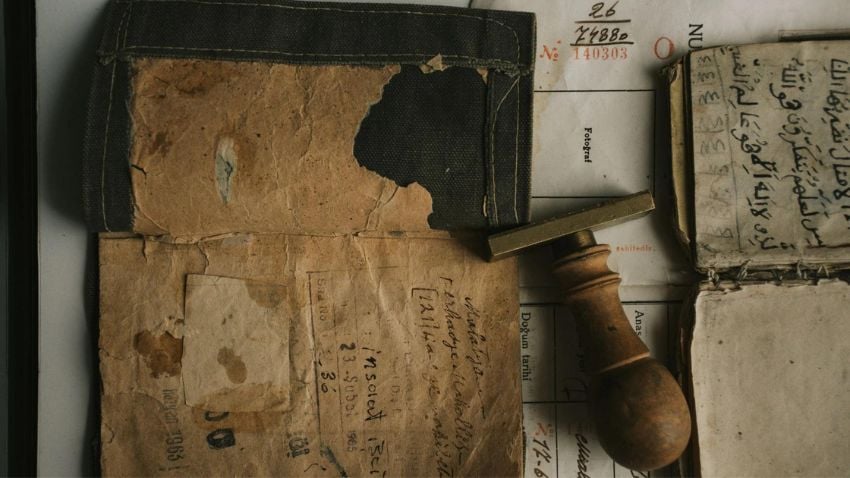
6 min read
If you want to obtain residency in a new country or to work, marry, adopt a child, give power of attorney, or even start a business in a different country (just to name a few), you must get your paperwork and/or documents apostilled, but only if this new country of yours requires these documents to be apostilled.
Apostille is a French word which means certification. An apostille is an authentication certification that is attached to a document to verify its authenticity and allow it to be recognized in a foreign country. This process is required for various documents, such as birth or death certificates, diplomas, and certifications.
To apostille documents, individuals must first request copies of the documents they need to be authenticated by the issuing authorities. Next, they must take the copies to a notary who will verify their authenticity and attach their signature and stamp to the document.
In the case of our clients at Expat Money, all documents required for services such as a residence permit, a passport in a new country, showing your marriage certificate for a pensionado visa, all of these documents must be verified as true, and this is what happens when they get apostilled.
In this article, we'll talk about how that process is done, which countries use this system and what documents you can apostille.
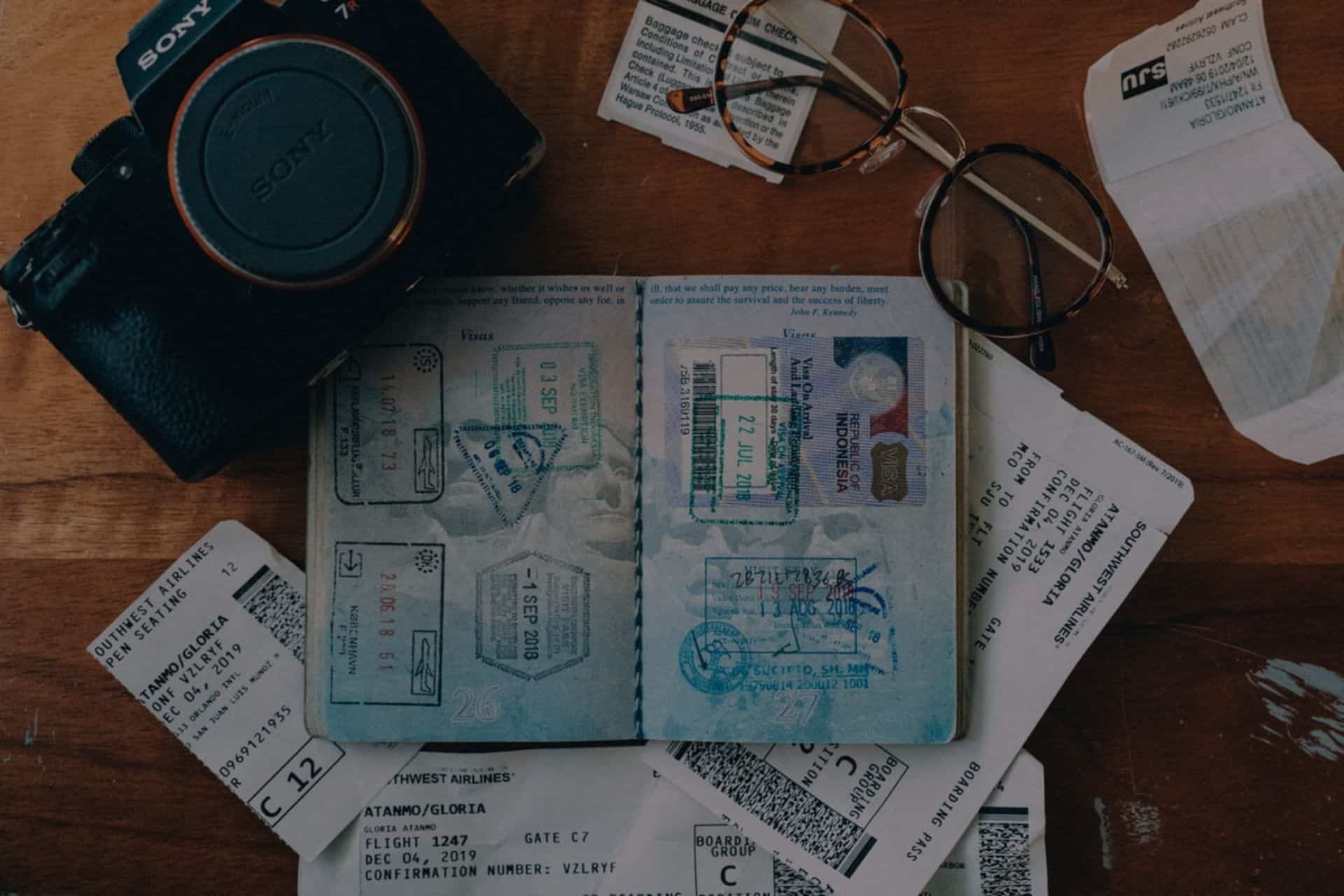
An apostille is a specific form of legalization
It's important to note that the apostille process is a requirement for certain legal procedures, such as marriage or adoption in a foreign country. Failure to properly authenticate documents can result in delays or rejection of applications.
Once notarized, the documents can be sent to the appropriate place for apostille, usually a government office or embassy. The individual must pay a fee for this service, which varies depending on the type and number of documents being apostilled.
These terms are often mixed up, so let's clarify each of them.
Notarization signifies that a notary public has testified that you signed a document. They will need to verify your identity, make you declare that all data and facts contained in the document are correct and truthful, and finally sign it. Then, the notary will sign and stamp. The notarization does not guarantee the veracity of the given information; it just means an official was told the information contained is truthful.
Legalization means that an authenticated document has gone through all the required processes to be valid in another country. In short, a document is legalized if an official authority issued it, the format is accurate, and the signature or stamp is bona fide (in good faith, i.e. original). Like notarized documents, the contents might not be correct.
Last but, for sure, not least, in our preliminaries section,
An apostille is a specific form of legalization; namely, the document in question is issued in the country of origin so that it becomes suitable for use in a foreign country. For example, if your medical diploma was issued in the US and you want to work as a doctor in another country, it must be stamped in the US. Surprisingly, this procedure is more straightforward than legalization because you will not need to take any additional steps once your documents are apostilled. Moreover, this term only applies to countries that are part of the Hague Convention of 1961.
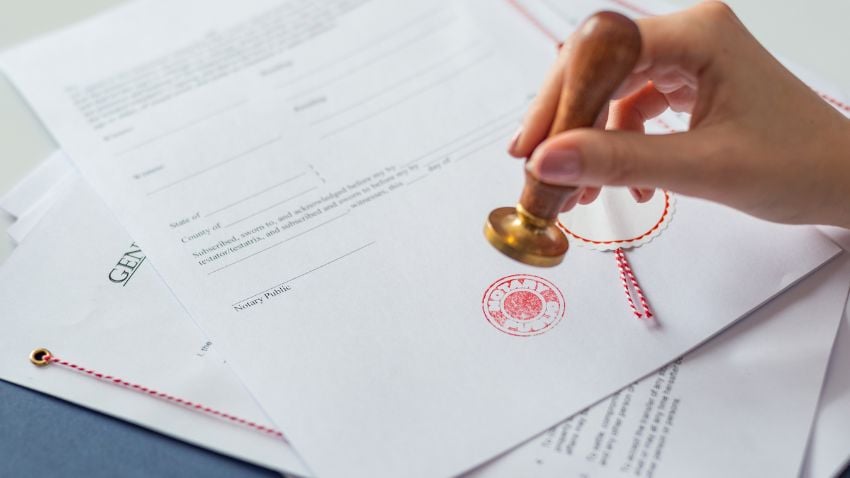
To apostille documents, individuals must first request copies of the documents they need to be authenticated by the issuing authorities
In the past, the process of authenticating documents for abroad activities was much more tedious. Namely, the proper institutions of the country of origin and the embassy or consulate of the destined country would certify that the appropriate authority issued the document and it had validity in the country of origin.
For this reason, over 100 countries signed the Hague Convention on October 5th, 1961. With that implied, the countries involved would only require a stamp (the apostille) for the document in question. For the sake of simplicity, we call member countries "Hague countries". Consequently, the countries outside the Convention are called "non-Hague countries".
Fortunately, the convenience of the apostille process has increased in recent years, with some authorities now accepting electronic copies of documents for authentication. This makes it easier for individuals to get their documents apostilled without needing physical copies or visits to government offices.
Having a standardized document makes your life easier, so you will notice the same structure:
Country (of origin);
This public document has been signed by (insert name of the individual);
Acting in the capacity of (e.g. notary public);
Bears the seal/stamp of (e.g. the notary public in question);
At (insert city, state);
The (insert date);
By (insert competent person);
Apostille certificate number;
Seal/stamp;
Signature of the representative of the issuing authority.
As a result, you do not fill in any of this information. In many cases, at the bottom of the document, you might see a clarifying paragraph stating that it is not to be used in the country of origin and does not guarantee its authenticity. In short, just a reminder.
If you are doing this remotely, the charge for this service is between $150 and $200 USD a document, which is considerably less expensive than getting on an airplane and flying across the country (or world) to do it in person.
If you are in your home country, the cost is considerably less, so it is advisable to have all documents apostilled before leaving the country.
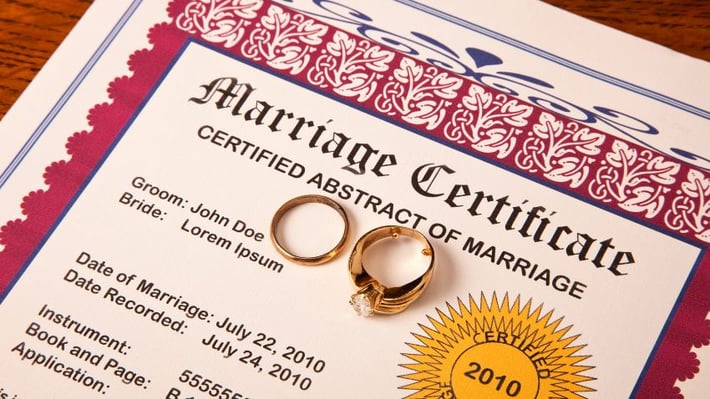
Once notarized, the documents can be sent to the appropriate place for apostille, usually a government office or embassy.
Keep in mind that the list changes as new countries may join or defect in the future. It is a good practice to check the official website of the Hague Convention:
|
Albania |
|||
|
Azerbaijan |
|||
|
Bahrain |
Belarus |
||
|
Belgium |
Bolivia |
Bosnia & Herzegovina |
|
|
Botswana |
Brunei |
||
|
Burundi |
|||
|
Denmark |
|||
|
Eswatini |
Fiji |
Finland |
|
|
Guyana |
|||
|
Hong Kong |
India |
||
|
Israel |
|||
|
Jamaica |
Japan |
Kazakhstan |
|
|
Kosovo |
Kyrgyzstan |
Lesotho |
|
|
Liberia |
Liechtenstein |
Lithuania |
|
|
Macau |
Malawi |
Marshall Islands |
|
|
Moldova |
|||
|
Mongolia |
Morocco |
Namibia |
|
|
New Zealand |
|||
|
Oman |
Palau |
||
|
Poland |
|||
|
Russian Federation |
|||
|
Saint Vincent & the Grenadines |
Samoa |
San Marino |
|
|
São Tomé & Principe |
Saudi Arabia |
||
|
Slovakia |
Slovenia |
||
|
Suriname |
Sweden |
||
|
Tajikistan |
Tonga |
Trinidad & Tobago |
Tunisia |
|
Ukraine |
United Kingdom |
United States of America |
|
|
Uzbekistan |
Venezuela |
In summary, an apostille is an authentication certification that verifies the authenticity of a document for use in a foreign country. To get a document apostilled, individuals must request copies from the issuing authorities, have them notarized, and pay a fee to have them apostilled. It's important to fulfill this requirement for legal procedures and take advantage of the convenience of electronic authentication when available.
In the US or outside the US, by hiring a notarizing agent, the process is as follows:
Complete an order form stating what document you want to apostille;
Send the form and the original copy certified by the government (that is, it was signed by a County Clerk or a State Registrar) to the agency or notary of your choice;
Receive your apostilled document.
Note that you must notarize each document before a notary public, who will be commissioned through the county or the state. In the first case, you will need to get it certified by a clerk of court in the notary public's county and then by the secretary of state where the document was notarized. In the second case, however, you will only need to get it certified by the secretary of state where it was notarized.
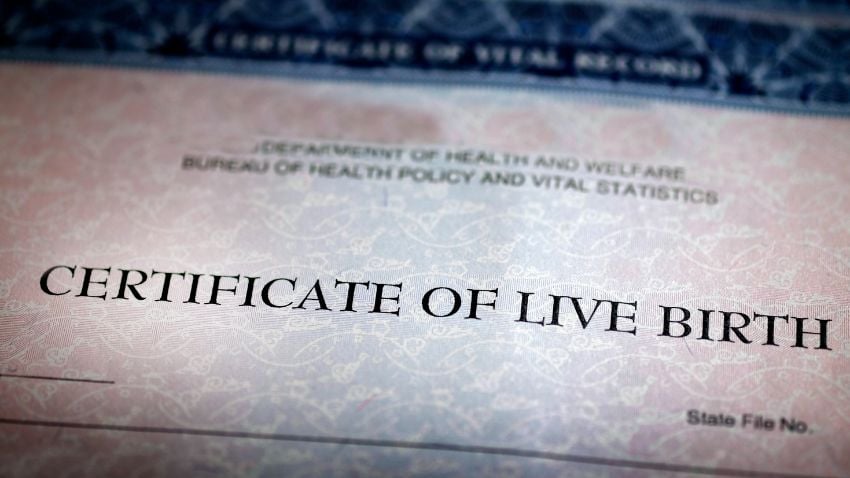
Illustrative Image of one of the Documents you can apostille
As mentioned before, it is a more complicated process, but it is still possible to certify your documents. If you are from the US, you might need to get:
The U.S State Certification (by a Secretary of State Office);
An Embassy or Consulate;
Or the U.S. Department of State Certification.
The U.S. Department of State must certify the documents. They must be original, but dates must be listed chronologically. If they are in a foreign language, an English translation made by a certified translator must be notarized.
What Documents Can I Apostille? |
|||
|
Adoption |
Affidavit to Amend |
Articles of Incorporation |
Authorization Letter |
|
Background Checks (FBI, Police, etc.) |
Birth Certificates |
Business Formation |
Certificate of Free Sale (Certificate for Export or Certificate to Foreign Governments) |
|
Certificate of Formation (Articles of Organization) |
Certificate of Good Standing (Certification of Compliance / Certificate of Existence / Certificate of Fact) |
Certificate of Incorporation |
Certificate of Incumbency (Corporate Resolution) |
|
Certificate of Insurance |
Certificate of Naturalization |
Certificate of Origin (Commercial Invoice) |
Children's Travel Consent Letter |
|
DD Form 214 |
Death Certificate |
Divorce Decree (Certificate of Dissolution or Divorce Certificate) |
Driver's License |
|
Employment Verification |
FBI Background Checks (Criminal Records) |
International Real Estate |
IRS Forms |
|
Marriage Certificates |
Offshore Banking |
Passports |
Patent and Trademark (USPTO) |
|
Petition for Name Change |
Power of Attorney |
Single Status |
Social Security Administration (SSA) |
|
Transportation of the Deceased |
U.S. Dept. of Agriculture (USDA) |
US Federal Court – District Court (DOJ) |
Vehicle Title |
|
Will and Testament |
|||
An apostille is an official certificate which legalizes official and copied documents in many countries which accept the apostille stamp.
There are four different types of official documents which can use an apostille certificate; they are:
Court documents;
Administrative documents;
Notarial acts or solicitor-signed documents;
Official certificates.
Once an apostille certificate is issued, it can be used officially in a foreign country.
If you want the best intel from the expat world, including profitable offshore opportunities, little-known tax-saving strategies, and hard-won insights on immigration, passports, and Plan-B residencies, all delivered to your inbox every single week, then join our daily correspondence, EMS Pulse®. Currently enjoyed by over 84,000 expats and expat-hopefuls worldwide. Fill in the form below to join our newsletter free:

Written by Mikkel Thorup
Mikkel Thorup is the world’s most sought-after expat consultant. He focuses on helping high-net-worth private clients to legally mitigate tax liabilities, obtain a second residency and citizenship, and assemble a portfolio of foreign investments including international real estate, timber plantations, agricultural land and other hard-money tangible assets. Mikkel is the Founder and CEO at Expat Money®, a private consulting firm started in 2017. He hosts the popular weekly podcast, the Expat Money Show, and wrote the definitive #1-Best Selling book Expat Secrets - How To Pay Zero Taxes, Live Overseas And Make Giant Piles Of Money, and his second book: Expats Guide On Moving To Mexico.
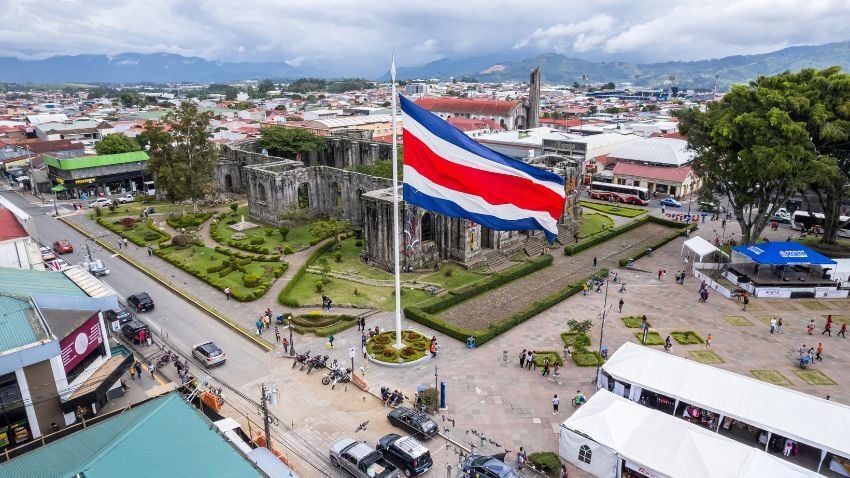
Costa Rica has become one of the most popular expat and digital nomad destinations in Latin America, known for its natural beauty, relaxed lifestyle,...

Mexico remains one of Latin America’s most compelling destinations, especially for North Americans. More than a million expats call it home, and tens...

South Korea is far more than K-pop and K-dramas. It is a country known for outstanding food, from bustling street markets to high-end dining, as well...